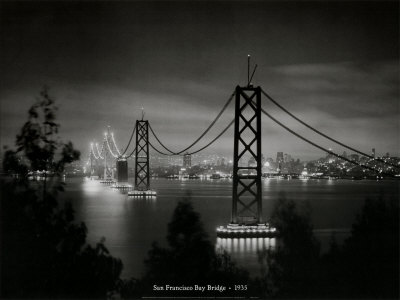 Commute-hour delays on the Bay Bridge have decreased by 15 percent in the first six months since congestion pricing was implemented on the bridge, according to data presented at a transit committee meeting today.
Commute-hour delays on the Bay Bridge have decreased by 15 percent in the first six months since congestion pricing was implemented on the bridge, according to data presented at a transit committee meeting today.
Metropolitan Transportation Commission Executive Director Steve Heminger told members of the Bay Area Toll Authority’s oversight committee that he thinks the decrease in travel time during busy commute hours is “very significant.”
On July 1, transportation officials imposed a new pricing scheme in which tolls on the Bay Bridge increased from $4 to $6 between 5 a.m. to 10 a.m. and 3 p.m. to 7 p.m. on weekdays. The toll is $5 on weekends.
The average delay during the morning rush hour had been 27 minutes but it has now declined to 23 minutes, according to a study prepared by University of California at Berkeley transportation researchers that was presented at today’s meeting.
MTC spokesman Randy Rentschler said, “There’s been some behavioral change due to the congestion pricing” but he said other factors could also be at work, such as the poor economy resulting in fewer people driving from the East Bay to San Francisco for their jobs.
Rentschler said the study also provides some evidence that some people are using BART to get to work in San Francisco instead of paying the higher tolls on the Bay Bridge during rush hour.
Jeff Shuttleworth, Bay City News
Want more news, sent to your inbox every day? Then how about subscribing to our email newsletter? Here’s why we think you should. Come on, give it a try.
Copyright © 2011 by Bay City News, Inc.–Republication, Rebroadcast or any other Reuse
without the express written consent of Bay City News, Inc. is prohibited.
/www/bcn/general/01/newsclip.11.01.12.11.54.01.53.txt









